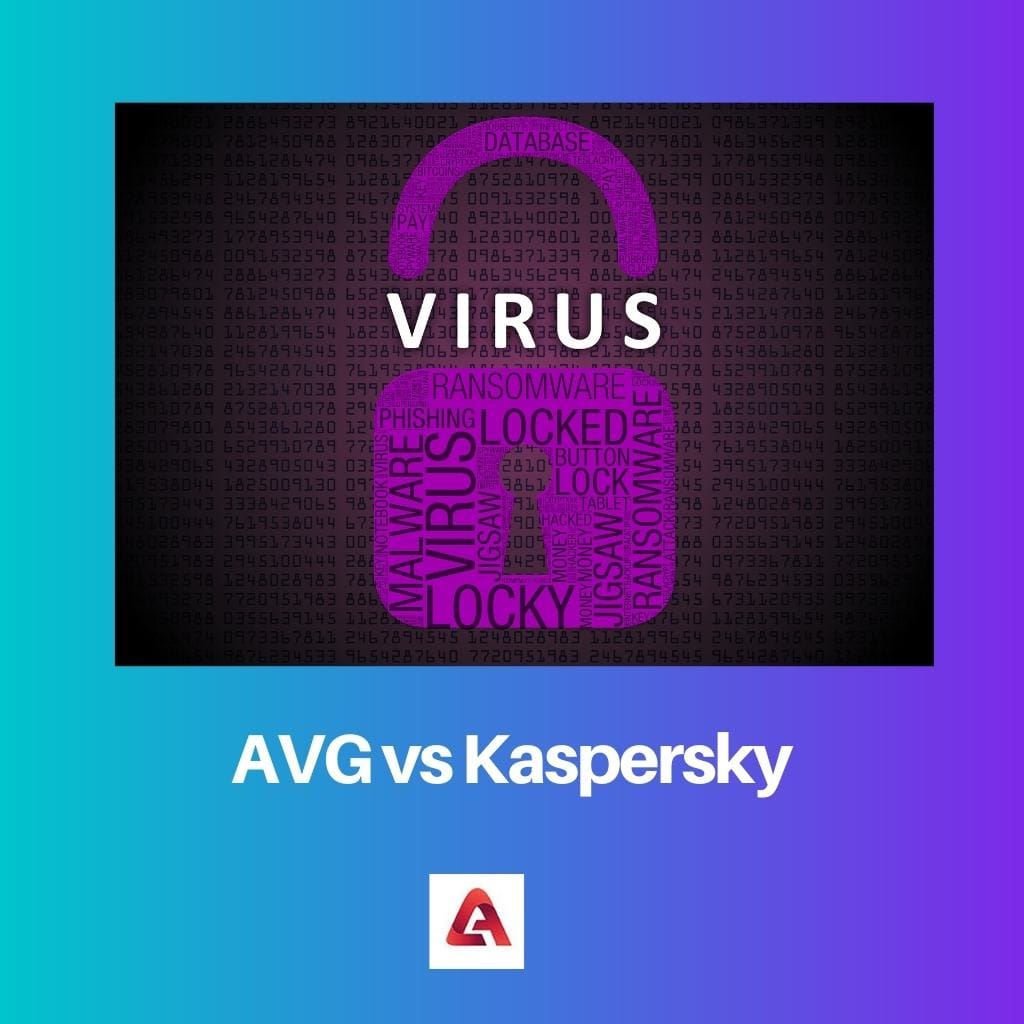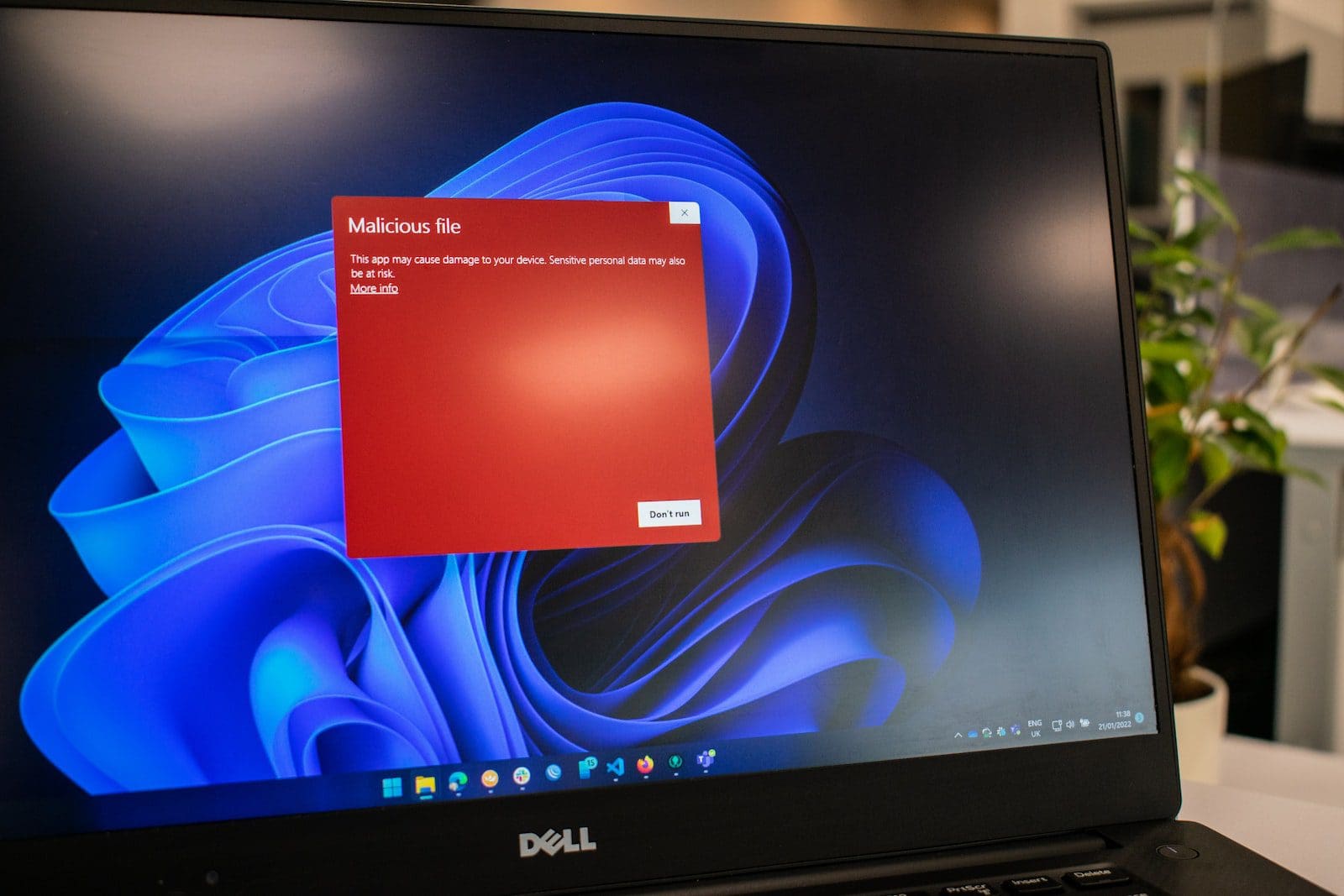AVG offers robust antivirus protection with a user-friendly interface and solid malware detection capabilities, making it suitable for casual users. On the other hand, Kaspersky provides advanced security features, including behavioral analysis and ransomware protection, ideal for users seeking comprehensive defense against evolving threats, albeit at a slightly higher cost.
Key Takeaways
- AVG and Kaspersky are antivirus software programs that protect against malware and viruses.
- AVG is a more user-friendly option with a free version, while Kaspersky is a more advanced and comprehensive option with a higher price point.
- AVG is suitable for basic antivirus needs, while Kaspersky is better for users who need more advanced protection.
AVG vs Kaspersky
The difference between AVG and Kaspersky is that Kaspersky has a better performance index than AVG.

The two do a great job in terms of protection, but AVG and Kaspersky have very different sets of tools and hence are unique from each other and other software present in the market.
Comparison Table
| Feature | AVG Antivirus Free | Kaspersky Anti-Virus |
|---|---|---|
| Price | Free | $39.99/year (1 device) |
| Protection | Good | Excellent |
| Real-time Protection | ✓ | ✓ |
| Malware Detection | Good | Excellent |
| Advanced Features | Limited | Basic Firewall |
| Ease of Use | Very easy | Easy |
What is AVG?
AVG is an abbreviation for “Anti-Virus Guard,” and it is a brand of antivirus software developed by AVG Technologies, a subsidiary of Avast. AVG provides a range of cybersecurity solutions designed to protect devices from various online threats, including viruses, malware, ransomware, and phishing attacks.
Features of AVG
- Antivirus Protection: AVG offers real-time scanning and detection of viruses, malware, spyware, and other malicious software to safeguard users’ devices and data integrity.
- Internet Security Suite: Beyond basic antivirus protection, AVG provides additional features such as firewall protection, email scanning, and web browsing security to defend against online threats effectively.
- Performance Optimization: AVG includes tools for optimizing system performance, such as disk cleanup, junk file removal, and automatic software updates, ensuring that devices run smoothly while staying protected.
- Privacy Protection: AVG helps users maintain their privacy by offering features like webcam protection, secure file deletion, and identity protection tools to prevent unauthorized access to sensitive information.
- Multi-Platform Support: AVG is available for various platforms, including Windows, macOS, Android, and iOS, enabling users to protect their devices across different operating systems.
- User-Friendly Interface: With a simple and intuitive user interface, AVG makes it easy for users to navigate and customize their security settings according to their preferences.

What is Kaspersky?
Kaspersky is a renowned cybersecurity company founded by Eugene Kaspersky in 1997, headquartered in Moscow, Russia. It specializes in developing and providing a wide range of cybersecurity solutions and services to protect individuals, businesses, and governments from various online threats.
Features of Kaspersky
- Advanced Threat Detection: Kaspersky offers advanced threat detection capabilities, including heuristic analysis, behavior monitoring, and machine learning algorithms, to identify and mitigate both known and unknown malware threats effectively.
- Ransomware Protection: Kaspersky’s solutions incorporate specialized features to prevent, detect, and respond to ransomware attacks, safeguarding users’ files and data from encryption by malicious actors.
- Secure Online Banking and Shopping: Kaspersky provides secure browsing features and virtual keyboard functionality to protect users’ financial transactions and sensitive information from interception and theft while conducting online banking and shopping activities.
- Privacy Protection: Kaspersky offers tools for protecting users’ privacy, such as webcam and microphone protection, secure file deletion, and anti-phishing measures, to prevent unauthorized access and data breaches.
- Endpoint Security: Kaspersky Endpoint Security solutions cater to businesses and enterprises, offering centralized management, threat intelligence, and multi-layered defense mechanisms to protect endpoints, servers, and networks from cyber threats.
- Mobile Security: Kaspersky Mobile Security solutions provide comprehensive protection for Android and iOS devices, including antivirus scanning, anti-theft features, app lock, and privacy controls, to safeguard users’ mobile devices and personal data from mobile threats.
- Network Security: Kaspersky offers network security solutions, such as firewalls, intrusion detection systems, and secure gateways, to protect organizations’ networks and infrastructure from cyber attacks and unauthorized access.
- Threat Intelligence Services: Kaspersky provides threat intelligence services to help organizations proactively identify and respond to emerging cyber threats, enhancing their cybersecurity posture and resilience against evolving threats.
Main Differences Between AVG and Kaspersky
- Detection Technology:
- AVG: Relies on traditional signature-based detection with some heuristic analysis.
- Kaspersky: Utilizes advanced threat detection technologies including machine learning, behavior monitoring, and heuristic analysis for more effective threat detection.
- Feature Set:
- AVG: Offers essential antivirus features such as real-time scanning and basic internet security features.
- Kaspersky: Provides a comprehensive suite of security features including ransomware protection, secure online banking, and advanced privacy protection tools.
- Target Audience:
- AVG: Geared towards casual users and small businesses seeking straightforward antivirus protection with a user-friendly interface.
- Kaspersky: Targeted at individuals, businesses, and governments looking for comprehensive cybersecurity solutions with advanced threat detection and prevention capabilities.
- Platform Support:
- AVG: Supports multiple platforms including Windows, macOS, Android, and iOS.
- Kaspersky: Also supports multiple platforms including Windows, macOS, Android, and iOS, with specialized solutions for businesses and enterprises.
- Cost:
- AVG: Generally offers more budget-friendly pricing options, including free versions with limited features and premium versions at affordable rates.
- Kaspersky: Typically priced higher, reflecting its advanced feature set and reputation for comprehensive cybersecurity protection.
- User Interface:
- AVG: Known for its simple and user-friendly interface, suitable for less tech-savvy users.
- Kaspersky: Offers a more sophisticated interface with advanced settings and customization options, catering to users with a greater need for control and flexibility.
- Support and Reputation:
- AVG: Known for reliable customer support and a solid reputation for providing decent antivirus protection.
- Kaspersky: Recognized for its strong reputation in the cybersecurity industry, backed by extensive research and development efforts, and reputable customer support services.